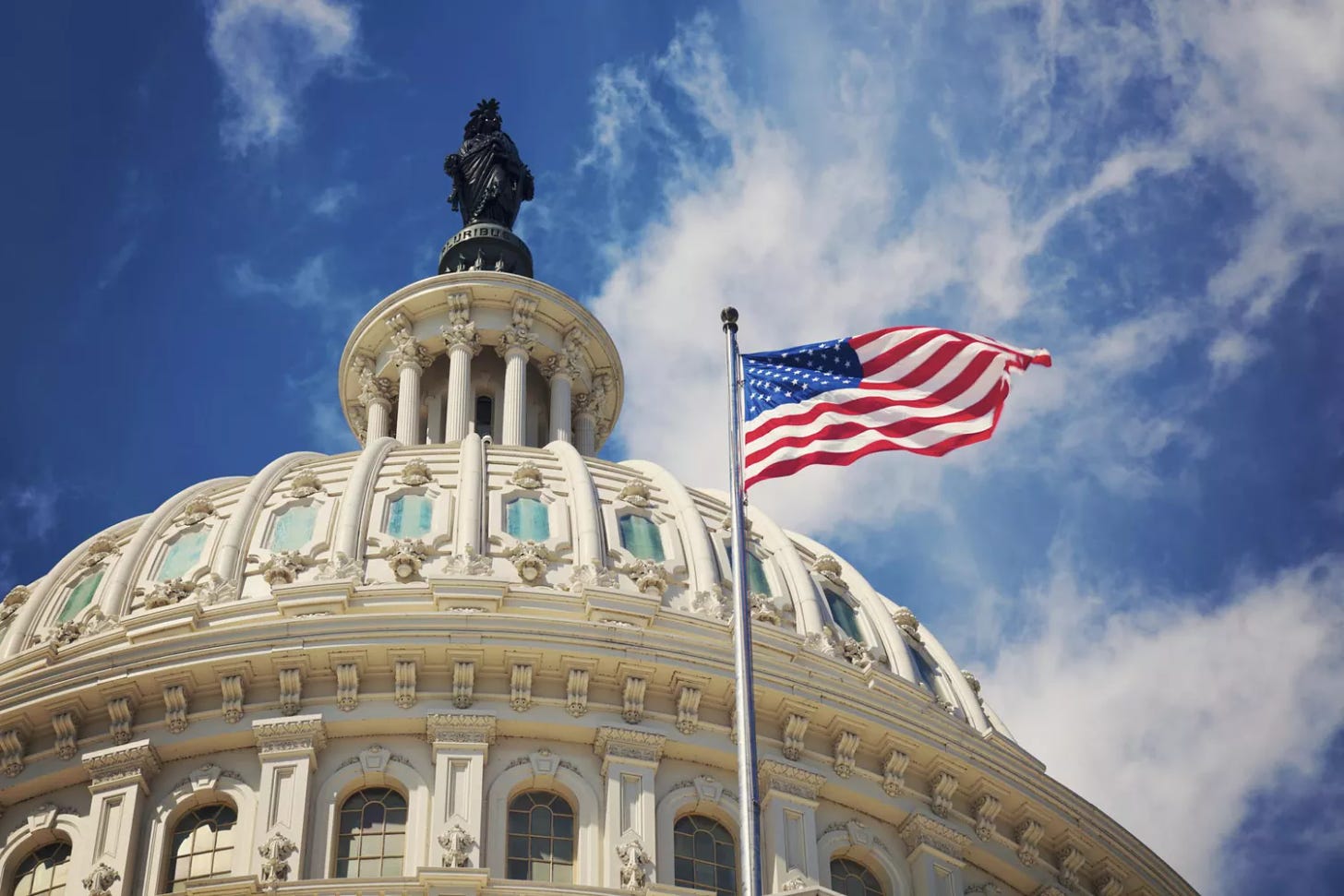In a move that has shocked many but surprised few, the U.S. House of Representatives voted to impose sanctions on the International Criminal Court (ICC) for daring to issue arrest warrants for Israeli Prime Minister Benjamin Netanyahu and other officials. This decision is more than just a policy debate—it's a testament to the dying embers of the American empire, flickering in the winds of change as it clings desperately to a past where it could shape global narratives with impunity.
The vote, with 247 in favor and 155 against, illustrates the ironclad nature of U.S. support for Israel, a relationship forged in political expediency and geopolitical strategy. Yet, as the world watches the humanitarian catastrophe unfold in Gaza—where at least 35,000 people have been killed, many of them women and children—one cannot help but question the moral foundation of this alliance. The U.S. shields Israel from international accountability, reflecting a contrast between its proclaimed values and its actions.
President Biden's denunciation of the ICC's actions as "outrageous" while simultaneously opposing the sanctions bill highlights a nuanced but ultimately flawed stance. This approach, aimed at preserving U.S. influence in international justice, fails to confront the core issue: the unchecked impunity with which Israel operates, protected by U.S. endorsement.
The ICC's decision to pursue arrest warrants for Netanyahu represents a courageous step towards holding Israel accountable. These charges, alleging crimes against humanity and war crimes, seek justice for the countless victims of this enduring conflict. However, the vehement opposition from the U.S. and Israel underscores a disturbing reality—the selective application of international law based on political convenience.
Netanyahu's dismissal of the ICC's actions as a "moral outrage of historic proportions" is an attempt to deflect from the severe allegations of war crimes. His hyperbolic comparison of the ICC's actions to equating President George W. Bush with Osama Bin Laden is a desperate ploy to undermine the court's legitimacy and distract from the real issues at hand.
The U.S.'s reaction to the ICC's decision and its subsequent push to sanction the court are indicators of a superpower in decline. The American empire, once heralded as a global champion of democracy and justice, now stands exposed as a hypocritical power that bends the rules of justice to serve its interests. This erosion of moral authority is not just a political failure; it's a tragedy for those who once looked to America as a beacon of hope.
As the U.S. isolates itself with its unwavering support for Israel, other nations are stepping up to defend the principles of international law. France and Belgium have stood by the ICC signaling a growing rift between the U.S. and its traditional allies. This divergence marks a shift towards a more balanced global order, where no single nation can dictate terms unchallenged.
The human cost of the U.S.'s policies in the Middle East is staggering. Every bomb dropped, every life lost in Gaza adds another chapter to a narrative of suffering and injustice. The U.S. House's vote to sanction the ICC is a slap in the face to those who believe in the possibility of a fair and just world.
Yet, in this moment of darkness, there is a glimmer of hope. The global community's growing willingness to stand up to American hegemony and defend the principles of international justice signals a new dawn. As the American empire continues to falter, there is an opportunity to rebuild a world where justice is not a privilege of the powerful, but a right for all.
The decision by the U.S. House to sanction the ICC is a reminder of the lengths to which a declining empire will go to maintain its grip on power. The unwavering support for Israel, despite its blatant disregard for human rights in Gaza, reveals a nation increasingly out of sync with global values. As the U.S. clings to its waning influence, the world moves forward, embracing a future where justice and accountability are not dictated by the powerful, but upheld for the powerless. In this emerging world, the voices of the oppressed will no longer be silenced, and the dying empire's echo will fade into history.






It is a stain on our reputation as a country who supports democracy, law and order that we aren’t signatory to the ICC. That the House of Representatives now wants to sanction them for going after a war criminal who has used prohibited weapons further shows we don’t practice what we preach to the rest of the world. W Bush pulled us out at least in part I think because he was afraid he himself could have been prosecuted for the war in Iraq.
These fools are nuts!!